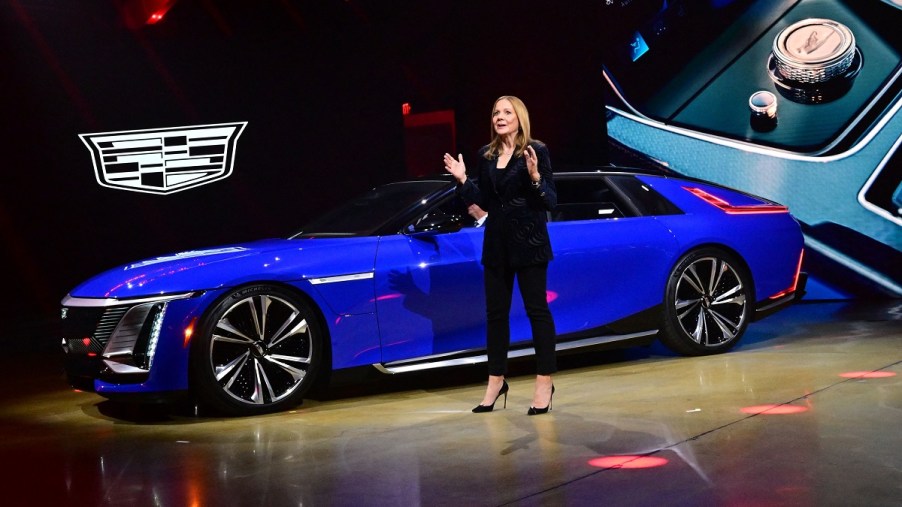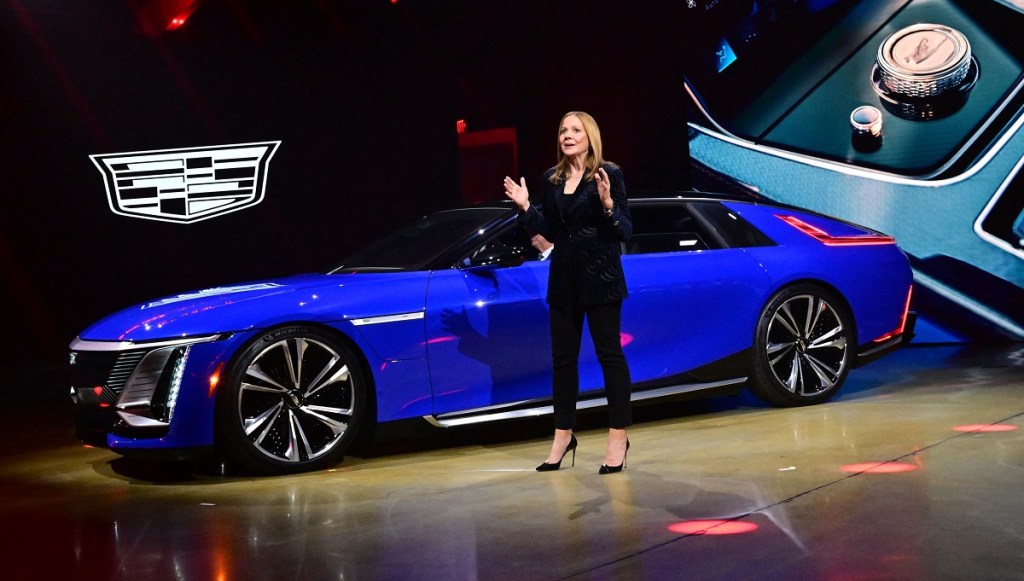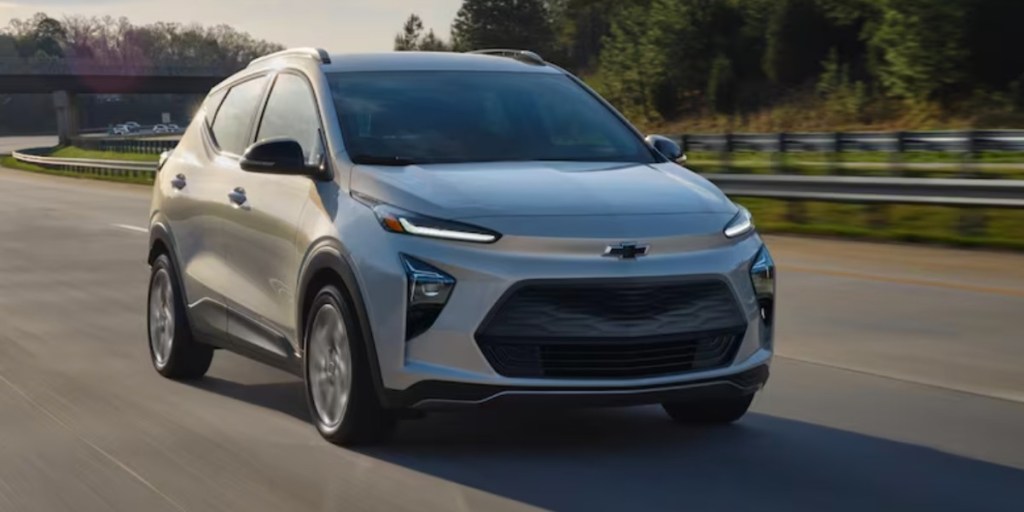
What Do the Recent General Motors Layoffs Mean?
General Motors (GM) recently made headlines when it announced that it had cut hundreds of contract workers in a cost-reducing measure. The move comes as GM seeks to save $2 billion over the next two years, with half of that target expected to be achieved by the end of this year. The layoffs were in the global product development area and were reportedly all contract workers. However, the timing of these layoffs and broader economic trends have raised questions about the future of the auto industry and the economy.
Is the shift toward EVs killing automakers?

One key factor impacting the auto industry is the transition to all-electric powertrains in light-duty vehicles by 2035. Various factors, including concerns about climate change and the rising costs of traditional fossil fuels, are driving this shift. However, the transition also presents significant challenges for automakers like GM, who must invest heavily in new technologies and retool their factories to produce electric vehicles.
Is the automotive industry going bankrupt?

At the same time, the auto industry faces various other economic challenges. For example, auto loan delinquencies are near 2008 levels, according to a recent report from MSN Autos. In addition, the report notes that “the share of subprime borrowers who are at least 60 days behind on their car loans rose to 5.8% in the first quarter of 2023, up from 4.7% in the same period last year.” This trend suggests that consumers may be struggling to keep up with payments on their cars, which could have ripple effects throughout the auto industry.
Another issue that may be impacting the auto industry is the broader state of the economy. Recent data from the Atlanta Federal Reserve suggests that real GDP growth will likely be lower in the second quarter of 2023 than in the first quarter. In addition, the report notes that “consumer spending is expected to grow at a slower pace in Q2 relative to Q1, while investment in nonresidential structures and equipment is expected to decline.” These trends could contribute to the recent layoffs at GM and other automakers.
Is GM still making EV cars?

Despite these challenges, GM remains committed to transitioning to electric vehicles and reducing costs. Although, it recently stopped producing a popular EV model. Additionally, the company announced a voluntary separation program in March to encourage workers to leave the company in exchange for benefits. While the recent layoffs were reportedly all contract workers, the timing of the move and the broader economic trends suggest that the auto industry and the economy may face significant headwinds in the coming years.
Will GM stay in business?
In conclusion, the recent GM layoffs reflect the challenges facing the auto industry and the broader economy. While the transition to all-electric powertrains presents significant opportunities for automakers, it also offers substantial challenges. Nevertheless, automakers like GM remain committed to adapting to these changing conditions and remaining competitive in the rapidly evolving business landscape.


